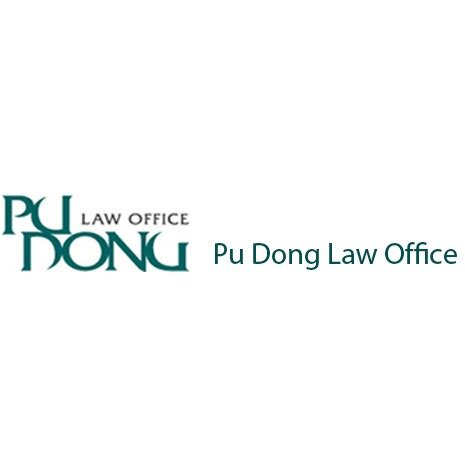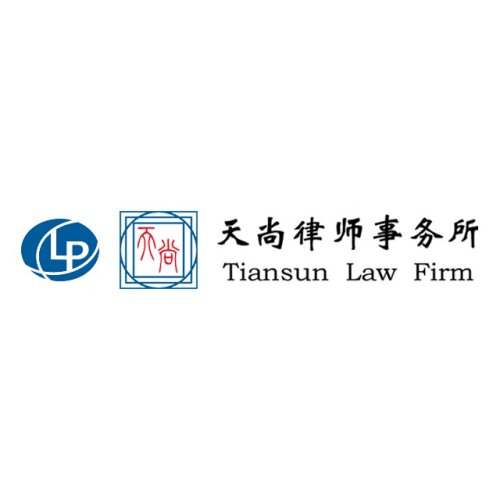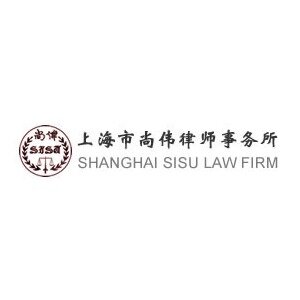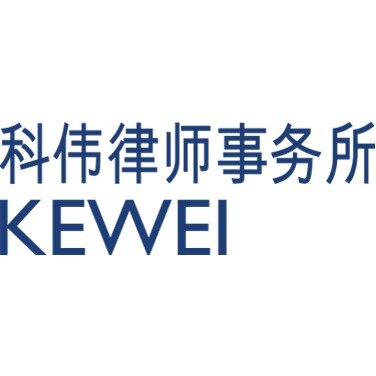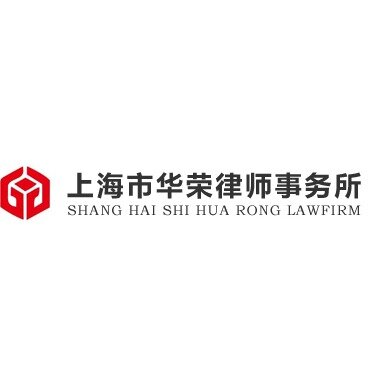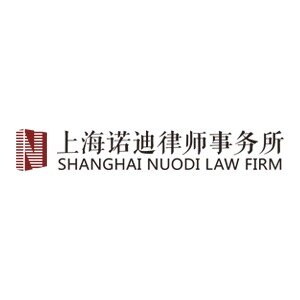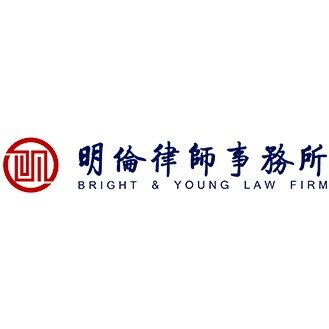Best Wrongful Termination Lawyers in Shanghai
Share your needs with us, get contacted by law firms.
Free. Takes 2 min.
List of the best lawyers in Shanghai, China
About Wrongful Termination Law in Shanghai, China
Wrongful termination in Shanghai, China falls under the purview of Chinese labor and employment law. In Shanghai, as in other parts of China, labor relations are primarily governed by the Labor Law of the People's Republic of China and the Labor Contract Law. These laws establish strict procedures for termination of employment contracts, and employers must adhere to these legal requirements. Wrongful termination typically refers to dismissals that are conducted without just cause, without proper notice, or by breaching the terms of an employment contract or labor laws.
Why You May Need a Lawyer
Understanding the complexities of employment law can be challenging, and wrongful termination cases often involve detailed legal procedures. You may require the assistance of a lawyer if you believe you have been unfairly dismissed, if your employer has not followed proper legal procedures, if your rights under your employment contract have been violated, or if you are uncertain about the merits of your case and need professional guidance. Legal representation can be critical in navigating the legal system, negotiating settlements, or representing your interests in court.
Local Laws Overview
Local laws in Shanghai enforce stringent rules to protect the rights of employees. Some key aspects of these laws include:
- The requirement for employers to provide a legitimate reason for termination, which could be based on employee conduct or operational needs of the company.
- Employment contracts must stipulate terms including job description, duration, remuneration, and termination conditions.
- Employers must provide advance notice prior to termination or pay additional compensation, known as severance pay.
- Disputes arising from wrongful termination are often addressed by local labor dispute arbitration committees as a first step.
- Employees have the right to challenge the termination through legal proceedings if the dispute is not resolved in arbitration.
Frequently Asked Questions
What constitutes wrongful termination under Shanghai employment law?
Wrongful termination occurs when an employee is dismissed without just cause, without following the legal process, or by violating contractual terms. This includes dismissals due to discrimination, retaliation, or failure to provide lawful notice or compensation.
Can I be terminated without any reason given?
Employers must provide a valid reason for termination. Reasons may include misconduct, incompetence, or economic reasons related to business operations, but they must be documented and presented according to the law.
What kind of notice must an employer provide before termination?
An employer typically needs to provide a 30-day notice period before terminating an employment contract, or provide severance pay in lieu of notice.
Am I entitled to severance pay after termination?
Severance pay is often required if an employee is terminated without proper cause or without correct notice. The amount is based on the employee's length of service and last salary.
How long do I have to claim wrongful termination?
There are statutory limitations for filing wrongful termination claims. You usually need to submit a claim to the local labor dispute arbitration committee within one year from the termination date.
Can I be terminated while on sick leave or maternity/paternity leave?
Terminating employees who are on statutory leave, such as sick leave or maternity/paternity leave, is generally unlawful, except under specific circumstances outlined in the Labor Laws.
If I sign a settlement agreement, can I still claim wrongful termination?
Signing a settlement agreement often includes a release clause, which means giving up the right to make further claims. However, consulting a lawyer before signing such agreements is important to ensure your rights are preserved.
What are the potential remedies for wrongful termination?
Remedies can include compensation, reinstatement to the same or a similar job, or other forms of redress appropriate to the situation, as determined by the arbitration committee or court.
How can a lawyer help me if I've been wrongfully terminated?
A lawyer can help you understand your rights, represent you in negotiations or legal proceedings, and work to secure compensation or other remedies on your behalf.
Does Shanghai have laws against discrimination in termination?
Yes, Chinese law prohibits discrimination based on nationality, race, sex, or religion. Terminations that are found to be discriminatory can be deemed wrongful.
Additional Resources
For those seeking help in wrongful termination cases in Shanghai, there are a few key resources:
- The Shanghai Municipal Human Resources and Social Security Bureau provides guidance and information regarding labor laws and regulations.
- Local labor dispute arbitration committees can mediate disputes and offer a resolution process.
- Legal aid services in Shanghai may offer assistance if you require legal advice but lack the resources to hire a private lawyer.
- Trade unions or employee associations may be able to provide support and resources for your situation.
Next Steps
If you need legal assistance in wrongful termination, you should start by documenting all relevant information regarding your termination, including any communications from your employer. Consider reaching out to a knowledgeable employment lawyer who can offer advice tailored to your situation. You can contact the local labor dispute arbitration committee if you wish to pursue mediation. It's important to act promptly due to time limitations on filing claims, so gather your documentation and seek professional advice as soon as possible.
Lawzana helps you find the best lawyers and law firms in Shanghai through a curated and pre-screened list of qualified legal professionals. Our platform offers rankings and detailed profiles of attorneys and law firms, allowing you to compare based on practice areas, including Wrongful Termination, experience, and client feedback.
Each profile includes a description of the firm's areas of practice, client reviews, team members and partners, year of establishment, spoken languages, office locations, contact information, social media presence, and any published articles or resources. Most firms on our platform speak English and are experienced in both local and international legal matters.
Get a quote from top-rated law firms in Shanghai, China — quickly, securely, and without unnecessary hassle.
Disclaimer:
The information provided on this page is for general informational purposes only and does not constitute legal advice. While we strive to ensure the accuracy and relevance of the content, legal information may change over time, and interpretations of the law can vary. You should always consult with a qualified legal professional for advice specific to your situation.
We disclaim all liability for actions taken or not taken based on the content of this page. If you believe any information is incorrect or outdated, please contact us, and we will review and update it where appropriate.





